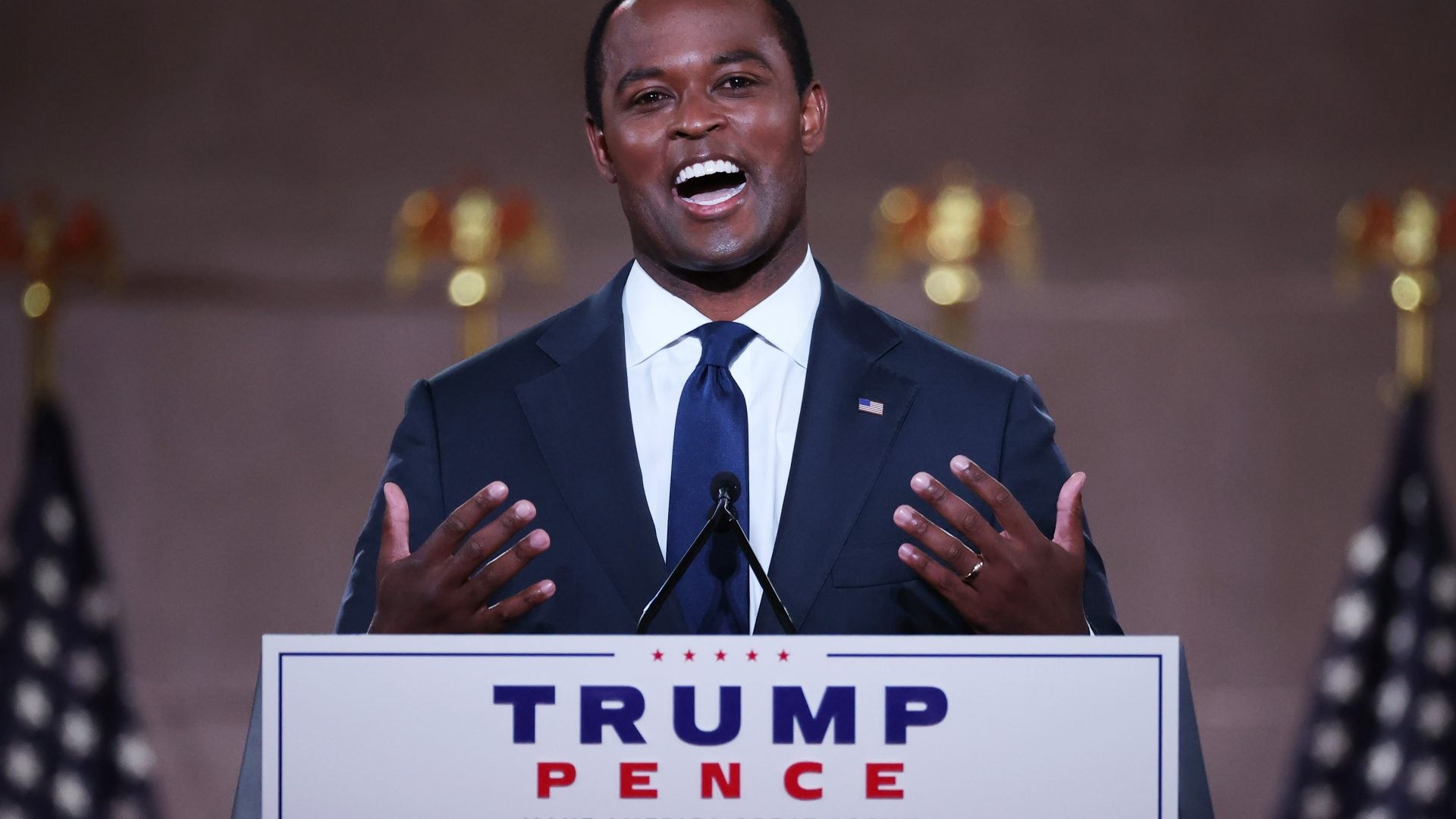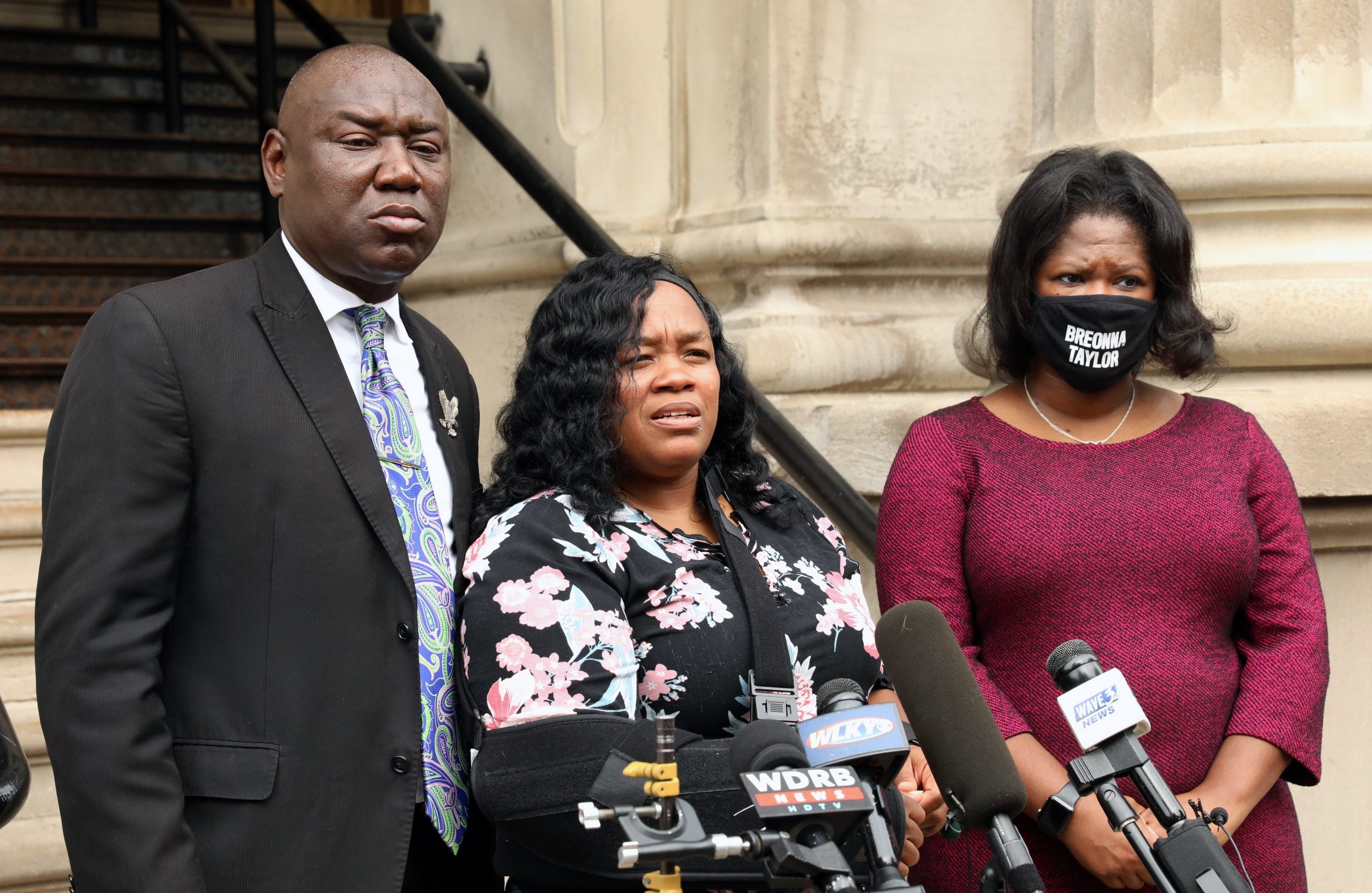
Kentucky Attorney General Daniel Cameron has agreed to release the grand jury transcripts in the Breonna Taylor case. The decision comes after a week of calls from elected officials, Taylor’s family, and at least one juror in the case to release the report.
On Monday night, Breonna Taylor family attorney Benjamin Crump disclosed that one of the people who made up the grand jury petitioned Cameron to fully disclose what was presented to them, and allow for the jurors to speak freely about how that information was used in their decision to not charge any officers in connection with Breonna Taylor’s death. Crump added that the juror accused Cameron of “hiding behind secrecy requirements while misleading the public about what evidence the grand jury actually saw.” The individual claims Cameron used them as a “shield” against a discontent public who was outraged that Breonna Taylor did not receive justice.
During Cameron’s announcement of the jury’s decision, the Republican legal officer stated that he would not disclose what was presented to the grand jury because he did not want to interfere with other investigations related to the case. While answering questions from reporters, he refused to offer up information like the makeup of the jury, if the cohort of men and women considered alternative charges, and how one witness account, out of dozens, was sufficient to determine that officers did, in fact, announce themselves when arriving at Breonna Taylor’s home on the night of her death.

Cameron has been adamant about keeping the public in the dark regarding certain specifics of the case, but said on Monday that the motion from the grand juror has caused him to reconsider what the public is privy to.
“The grand jury is meant to be a secretive body,” read a statement from the Attorney General. “It’s apparent that the public interest in this case isn’t going to allow that to happen.”
He went on to say that his team has an “ethical obligation” not to release the recordings of what transpired during the proceedings, as they believe a release of such information could taint an ongoing federal investigation, as well as poison a future jury pool.
“Despite these concerns,” Cameron noted, “we will comply with the Judge’s order to release the recording.” His office has agreed to make the recording viewable to the public on Wednesday.